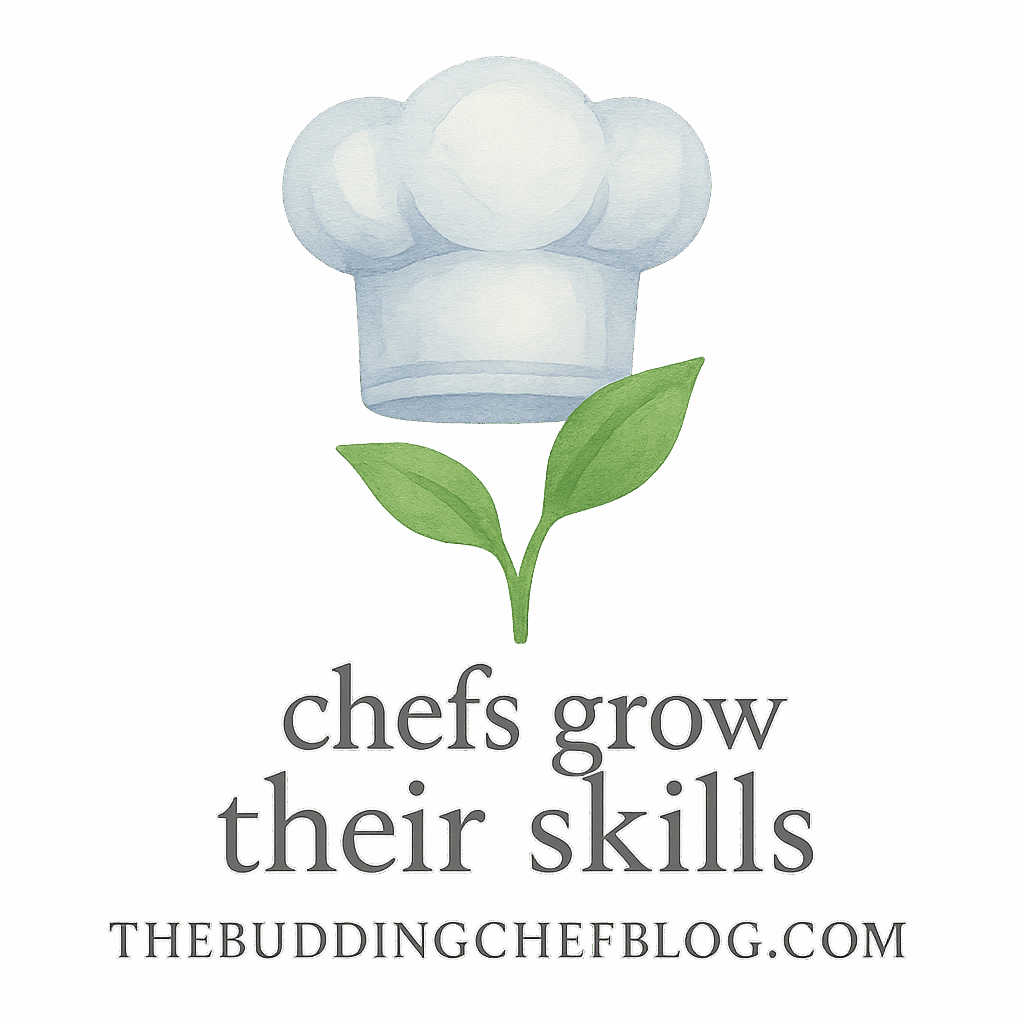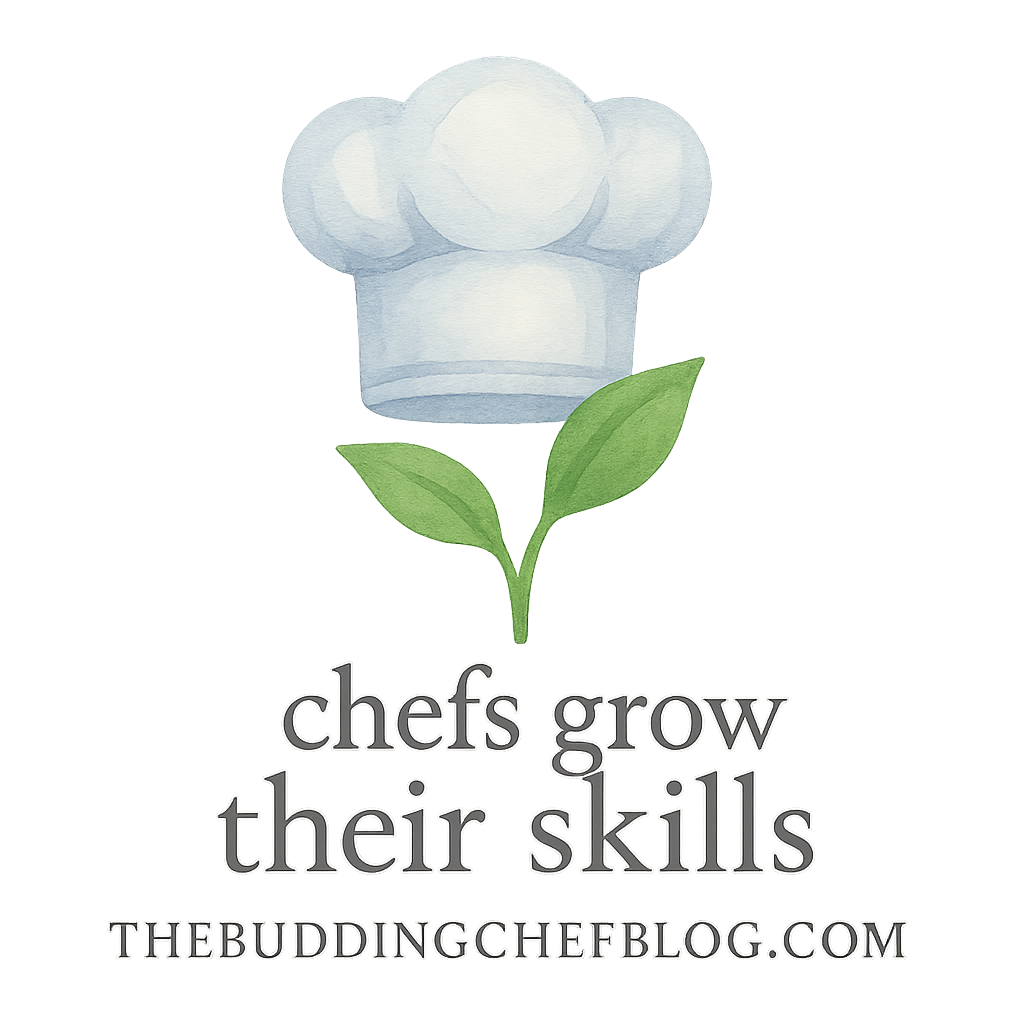Ever felt like cooking takes forever when you’re new in the kitchen? You’re not alone. Most beginner chefs feel like they’re stuck in slow-mo mode while everyone else seems to cook like they’re on a timed cooking show. The good news? Speed comes with the right strategies. Let’s break down six time-saving hacks that can totally transform how you cook—without sacrificing flavor or fun.
Why Beginner Chefs Struggle with Time
Common Mistakes That Cost You Minutes
Let’s be real—beginner chefs often take more time than needed because of simple errors: not reading recipes thoroughly, forgetting ingredients, or chopping one onion at a time like it’s a workout. These things add up.
Check out some of the most common beginner mistakes we’ve all made (yep, even pros started there).
The Learning Curve of Kitchen Efficiency
Efficiency isn’t about rushing—it’s about knowing what to do and when. The trick is to learn time-saving habits early on. That’s where these six hacks come into play.
Hack #1: Master the Mise en Place Method
What Is Mise en Place?
“Mise en place” is a French term that means “everything in its place.” It’s one of the most essential habits that separates pros from amateurs.
Mise en Place for Beginners: Start Small
Don’t let the French scare you off. Just take five extra minutes before you start cooking to lay out all your ingredients, measured and prepped.
Organizing Ingredients Like a Pro
Whether you’re prepping for a stir-fry or a stew, setting up your ingredients in small bowls, grouping your essential cooking tools, and reading through the recipe can save you loads of time.
Related Reads: Basic Cooking Techniques | Ingredient Knowledge
Hack #2: Invest in Essential Kitchen Tools
Must-Have Affordable Tools That Save Time
You don’t need a fancy chef’s kitchen to cook like a boss. A few affordable tools can cut your prep time in half—literally.
Think:
- A good chef’s knife
- A reliable cutting board
- A food processor or mini chopper
- Measuring spoons and cups
Explore more in our Kitchen Tools & Equipment section.
How the Right Tools Make a Big Difference
Cutting with a dull knife wastes time and energy. Using a salad spinner for your greens? Game changer. The right tools turn slow tasks into quick wins.
Time-Savers: Choppers, Timers & More
Timers help you multitask. Silicone mats make cleanup easier. And trust us—cookware that heats evenly can save you minutes on every dish.
Hack #3: Plan Your Meals Ahead
Why Meal Planning Helps Beginner Chefs
This one’s a no-brainer. When you know what you’re cooking, you avoid last-minute stress. Meal planning simplifies grocery shopping and reduces kitchen chaos.
Find out more at our Meal Planning hub.
Meal Planning Tools You’ll Love Using
Apps, sticky notes, even a whiteboard on your fridge. Whatever works. The key is having a plan. You’ll spend less time wondering, more time cooking.
Beginner Meal Plans: Simple & Smart
Start with three-day plans. Focus on overlapping ingredients to reduce prep. Want examples? Visit our Recipe Practice tag for ideas.

Hack #4: Use Prepped or Frozen Ingredients
Shortcut Ingredients That Don’t Sacrifice Quality
Bagged spinach. Pre-diced onions. Canned beans. These aren’t cheating—they’re smart time-savers that still get dinner on the table.
Check out these ingredient hacks that beginner chefs swear by.
Storage Hacks to Keep Ingredients Ready
Freeze chopped herbs in olive oil. Keep rice pre-cooked in the fridge. Store sauces in portion-sized containers. You’ll save tons of time.
Ingredient Knowledge That Speeds Things Up
Learning about versatile ingredients—the kind that work in multiple dishes—will help you cook faster and smarter.
Hack #5: Learn and Use Basic Cooking Techniques
Efficiency Through Skill: Slice, Dice, Sear
The faster you learn basic techniques, the quicker you’ll get through recipes. Don’t just cook—practice. Knife skills, sautéing, boiling—it all matters.
Get started with our guide on Basic Cooking Techniques.
Fast Doesn’t Mean Sloppy—Technique Wins
Speed without technique is a recipe for disaster. Learn the right form now and you’ll avoid slowing down due to accidents or redo’s.
Level Up with Recipe Practice
Try one new recipe a week. Repetition builds muscle memory. More tips on this at our Recipe Practice page.
Hack #6: Keep a Clean-as-You-Go Habit
Why a Tidy Space Speeds Up Cooking
Clutter is a time thief. When your counters are covered in mess, your brain gets overwhelmed. A clean space = a clear head.
Small Habits That Lead to Big Time Gains
- Wash knives after use.
- Wipe spills immediately.
- Load dishes into the dishwasher as you go.
- Keep a garbage bowl nearby.
More smart habits for chefs right here.
Pro Tips from Professional Chefs
Want to know how the pros stay clean and fast? They follow a routine and always clean their station between steps. It’s all part of becoming a professional chef.
Final Thoughts: Becoming a More Efficient Chef
So, here’s the thing: cooking faster isn’t about rushing—it’s about being smart with your time. From laying out your tools to sharpening your knife skills, these six hacks can seriously level up your kitchen game.
Don’t stress about being perfect. Every mistake is a step toward being a better, quicker, and more confident cook.
Looking for more beginner chef guidance? Stick with us at The Budding Chef Blog for tips, tricks, and real-talk kitchen advice.
FAQs
1. What’s the most important time-saving hack for new chefs?
Start with mise en place. It keeps everything organized and reduces cooking stress.
2. Can I still be efficient if I’m on a budget?
Absolutely! Check out our affordable kitchen tools section for ideas.
3. What meals are easiest to plan for beginners?
Soups, stir-fries, and pasta dishes. They’re flexible and forgiving.
4. Are frozen veggies as good as fresh?
Often, yes. Frozen produce is picked and packed at peak ripeness—making it both convenient and nutritious.
5. How long does it take to build good kitchen habits?
A few weeks of conscious practice can build lasting routines. Start small and build from there.
6. Do I need to follow recipes exactly?
Not always. Recipes are guides—once you gain confidence, feel free to adjust based on your taste and ingredients.
7. Where can I learn more about cooking skills?
Browse our blog’s cooking skills section or dive into our professional growth resources for step-by-step guidance.


